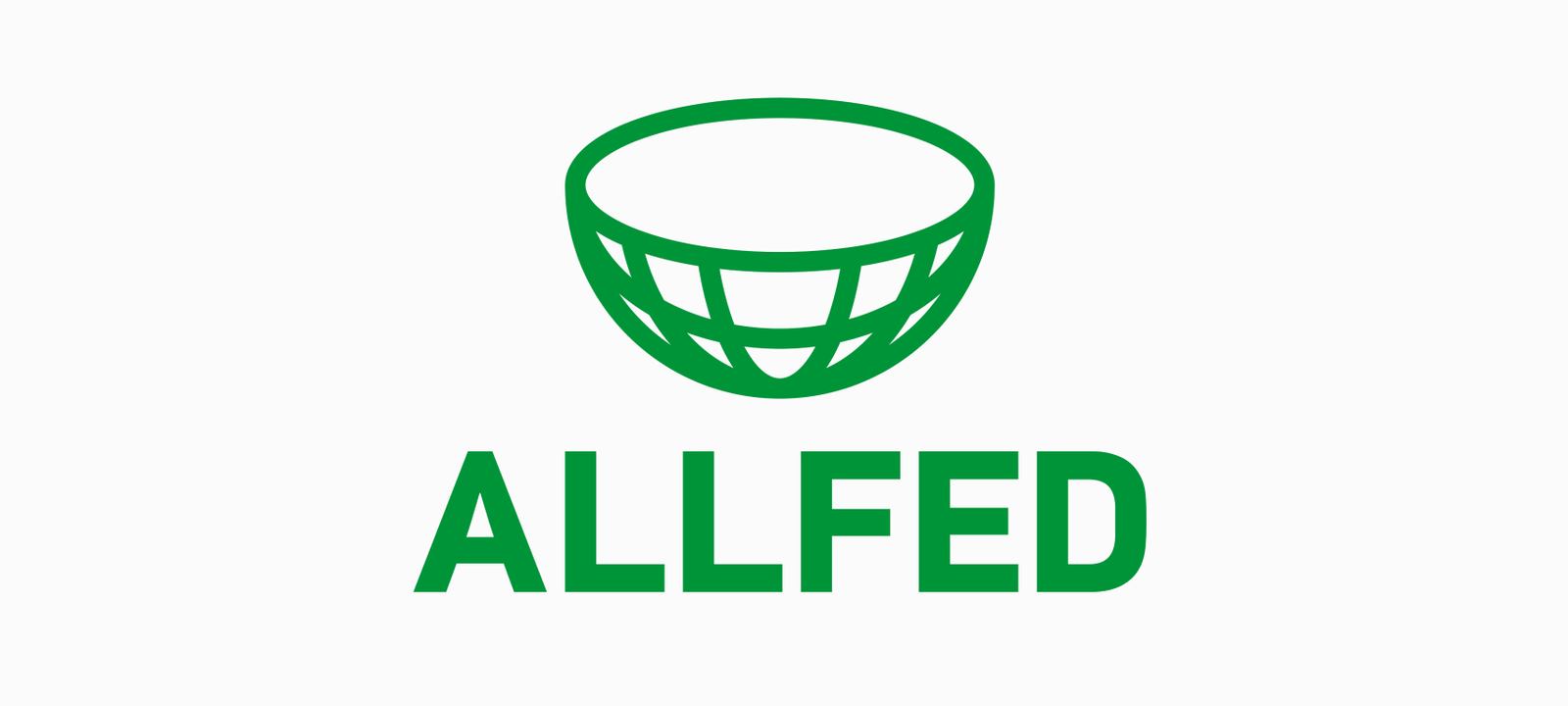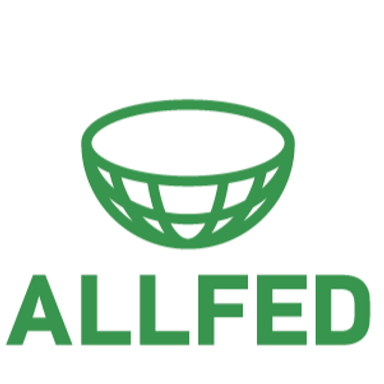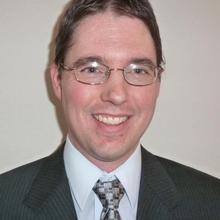

David Denkenberger is raising money for Alliance to Feed The Earth in Disasters (ALLFED).
$55
Raised
$5,000
Goal
Election Candidate: Alliance To Feed The Earth In Disasters (ALLFED)
ALLFED works to increase resilience to global catastrophic risks including nuclear winter, extreme solar storm, AI enabled cyber attack, and extreme pandemic that causes critical employees to be too fearful to show up to work. There is peer-reviewed literature estimating that this work is likely to be more cost-effective than GiveWell interventions for saving lives in the present generation, and likely more cost-effective than artificial general intelligence safety for improving the long run future (resilient foods and resilience to loss of electricity/industry).

David Denkenberger
Dr. David Denkenberger co-founded and directs the Alliance to Feed the Earth in Disasters (ALLFED.info) and donates half his income to it. He received his B.S. from Penn State in Engineering Science, his masters from Princeton in Mechanical and Aerospace Engineering, and his Ph.D. from the University of Colorado at Boulder in the Building Systems Program. His dissertation resulted in a patent. He is an associate professor at the University of Canterbury in mechanical engineering. He received the National Science Foundation Graduate Research Fellowship, is a Penn State distinguished alumnus, and is a registered professional engineer. He has authored or co-authored 134 publications (>4000 citations, >50,000 downloads, h-index = 32, second most prolific author in the existential/global catastrophic risk field), including the book Feeding Everyone no Matter What: Managing Food Security after Global Catastrophe. His food work has been featured in over 25 countries, over 200 articles. He has given interviews on 80,000 Hours podcast (here and here) and several radio programs. He has given over 80 external presentations, including ones on food at Harvard University, MIT, Princeton University, University of Cambridge, University of Oxford, Cornell University, Imperial College, and University College London.
Raising for:

Alliance to Feed The Earth in Disasters (ALLFED)
Food System Resilience to Global Catastrophes
Alliance to Feed the Earth in Disasters (ALLFED) aims to build resilience to global catastrophic food shocks through research, development, and policy recommendations.

David Denkenberger is raising money for Alliance to Feed The Earth in Disasters (ALLFED).
$55
Raised
$5,000
Goal